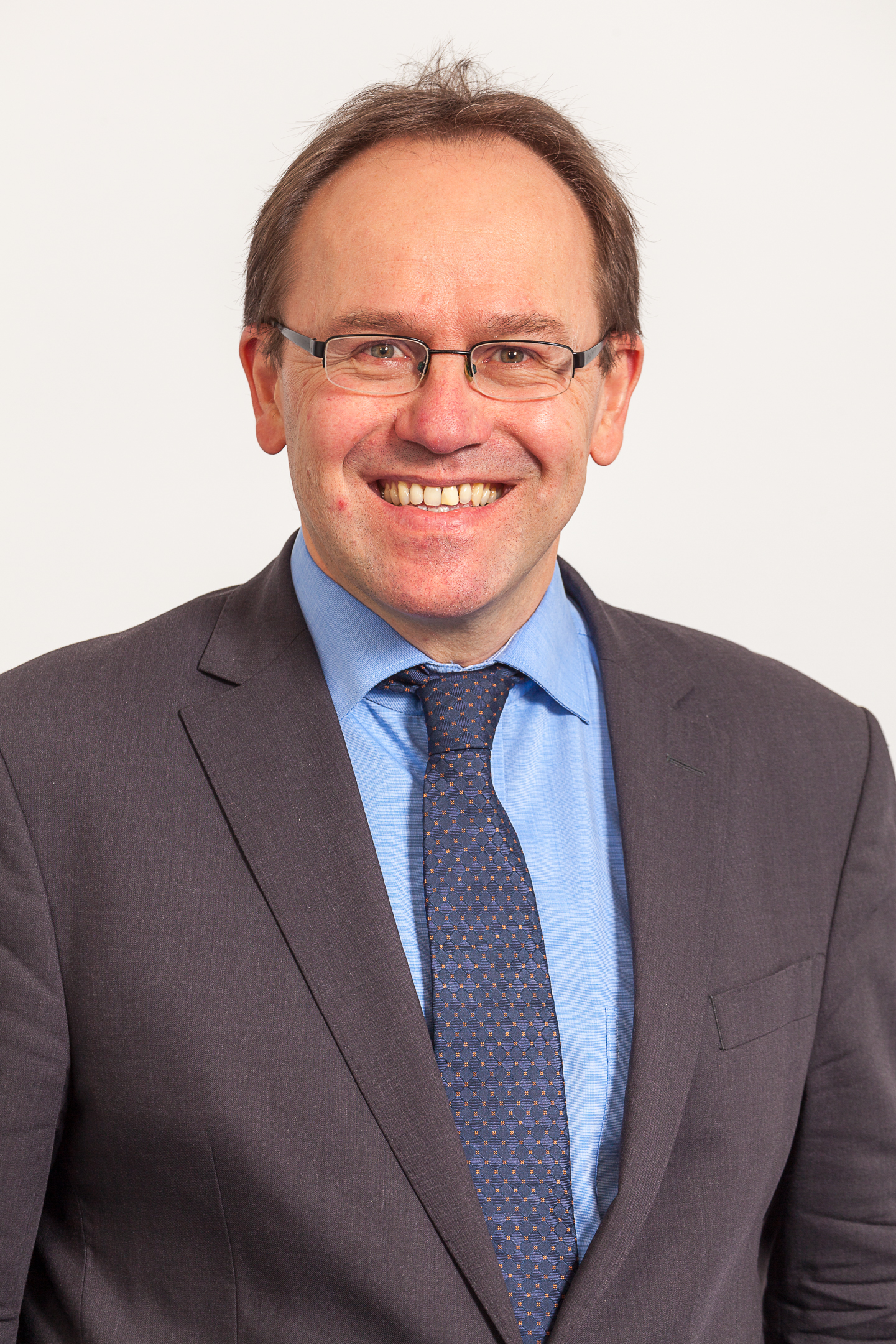Being open to science and society

Interview with Klement Tockner, President of the Austrian Science Fund (FWF), on the new Austrian Presidency of the EU, attracting scientific talent and funding basic research.
Austria holds the Presidency of the Council of the European Union from July to December 2018. What are your hopes for European science policy development during this period?
The Austrian Presidency occurs during a critical period for research policy, as major negotiations on the successor programme to Horizon 2020 will be taking place. The cornerstones of Horizon Europe, recently presented by Commissioner Carlos Moedas, consider a major increase in the EU research budget. Obviously, from the FWF’s point of view, that is excellent news. The commitment to strengthening excellent research in Europe is fundamental for attracting and supporting the most creative minds and ideas.
 Klement Tockner, FWF President
Klement Tockner, FWF President
At the same time, a similar commitment is required in Austria, as the European and national levels are intertwined. There is clear evidence that only strong national support ensures success at the European level. More than ninety per cent of the ERC Advanced Grantees in Austria have a previous FWF track record. Moreover, the ERC and the FWF portfolios complement each other, and diversity fosters productivity and innovation.
The FWF is organising the largest public science event of the Presidency, the "Be Open – Science & Society Festival" festival. Can you tell us more about its aims?
On the occasion of its 50th anniversary, the FWF, together with partners from science, research and innovation, is transforming Vienna’s central Maria-Theresien-Platz – located between the Museums of Art History and Natural History – into a garden of curiosity, vision, and fascination. From 8 to 12 September 2018, under the patronage of Austrian President Alexander Van der Bellen, the “BE OPEN – Science & Society Festival” offers world-class research in a spirit of discovery and active participation.
The festival is an invitation to the public to enjoy curiosity, to actively participate in knowledge generation, and to learn more about cutting-edge research.
It is evident that the outcome of basic research shapes most domains of our life, making substantial contributions to human welfare, environmental health, and social and economic innovation. Indeed, scientific progress is making rapid leaps, advancing knowledge generation and triggering innovative solutions to the most pressing challenges that humanity is facing. At the same time, knowledge equals power; and there is a serious risk of a growing concentration of knowledge – increasingly, few know much and many know little. The oligopolisation of knowledge could fundamentally harm democratic societies and human wellbeing. Hence, FWF and its European partner organizations fully support the concept of open science including open access and open data.
During your own research career you have worked in Africa, Asia, the USA and the EU. How do you think we can make the EU more attractive to foreign researchers?
Today, the global competition for the best and most creative minds is gaining momentum. How do the most dedicated and brightest scientists opt for a specific host organisation or country? Essentially, there are three decisive factors in choosing a research location, grouped around the following key questions: (a) what is the standing and reputation, by international comparison, of a research institution; (b) which funding opportunities exist to support one's own research team; and (c) is there a political and institutional “culture” that values diversity, academic freedom and scientific excellence.
If a top international researcher is satisfied with the answers to these three questions, the research institution concerned has the best chance of attracting them. By the same token, it is also important to offer fair and transparent career paths in order to support top junior scientists.
As funders of basic research both the ERC and the FWF have many common goals: competition, excellence, creativity. Which for you are the most important aspects to successfully funding basic research?
The funding provided by the FWF in the area of fundamental research is based on principles and procedures that have been continuously improved over the past 50 years. Most importantly, however, the FWF remains an independent organisation, established by statute. Hence, there is no political, ideological or economic influence on research directions and funding decisions. We apply the highest international standards in evaluating and selecting highly innovative and original research projects carried out by dedicated individuals and teams. Creative research requires freedom and trust. Hence, if successful, applicants are offered as much freedom as possible to carry out their research. Many of the ERC’s basic principles coincide with those of the FWF, and we are also proud to have been one of the role models for some of the ERC’s funding programmes, such as the starting grant.

